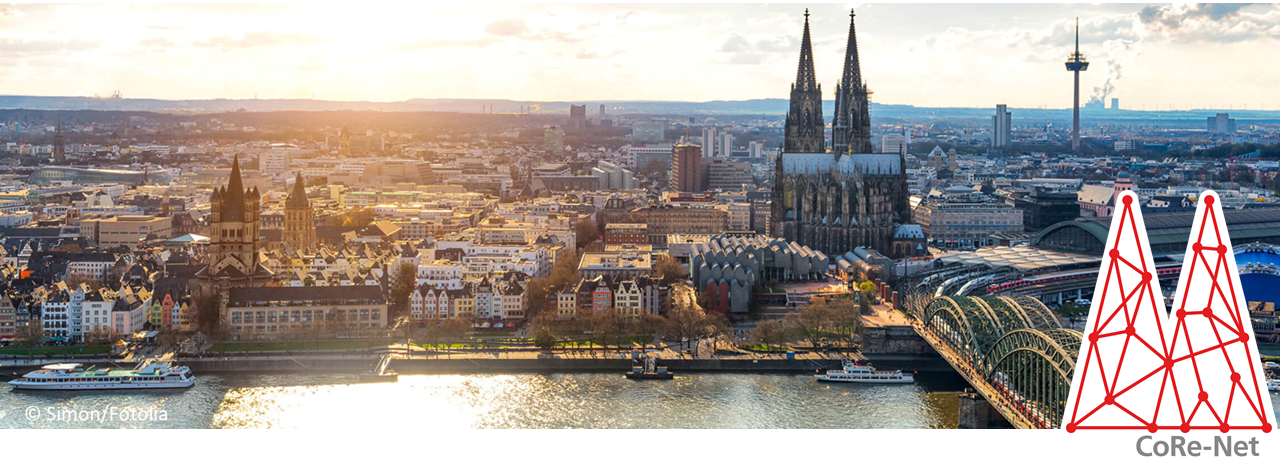On 16th and 17th February 2022 , two themed afternoons took place as part of our digital methods forum, which were again organised in cooperation with the Center for Health Services Research Cologne (ZVFK).
16th February 2022 – Lecture: “Intersectoral data-driven communication”
BACKGROUND AND CONTENT
Networking and the flow of information between the various sectors and actors in the healthcare system are extremely important for good patient healthcare. The cooperation and coordination of inpatient and outpatient actors is becoming increasingly important against the background of multimorbidity and chronic diseases.
Therefore, we addressed relevant focal points on the topic of “Cooperation between the outpatient and inpatient sector” in our digital methods forum.
A total of 35 participants followed the presentation by Dr. Florian Fuhrmann and Volker Dentel from kv.digital GmBH
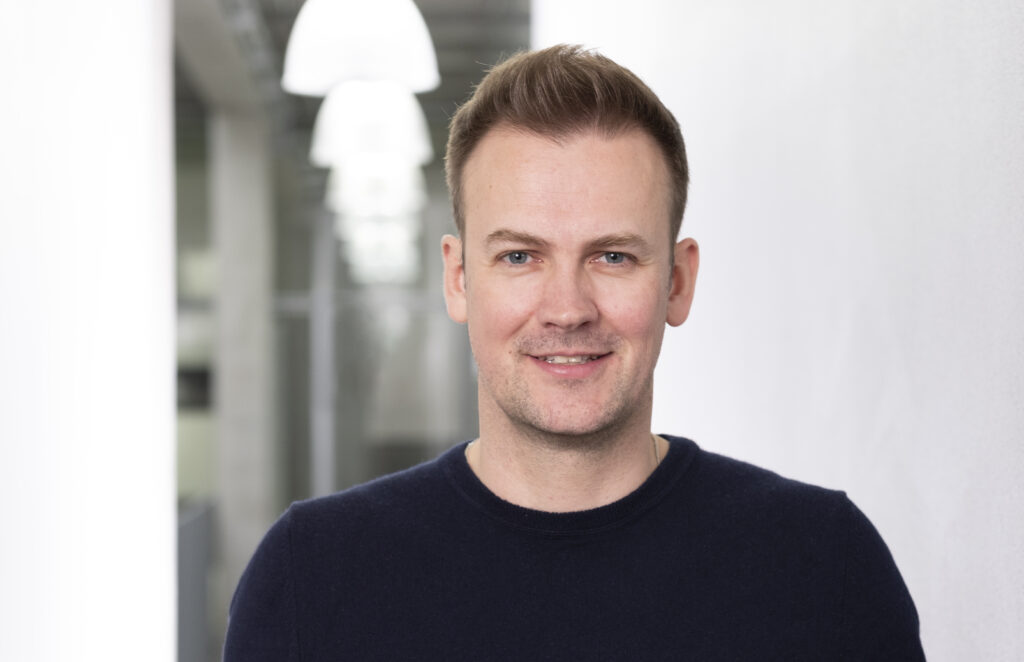
Dr. Florian Fuhrmann
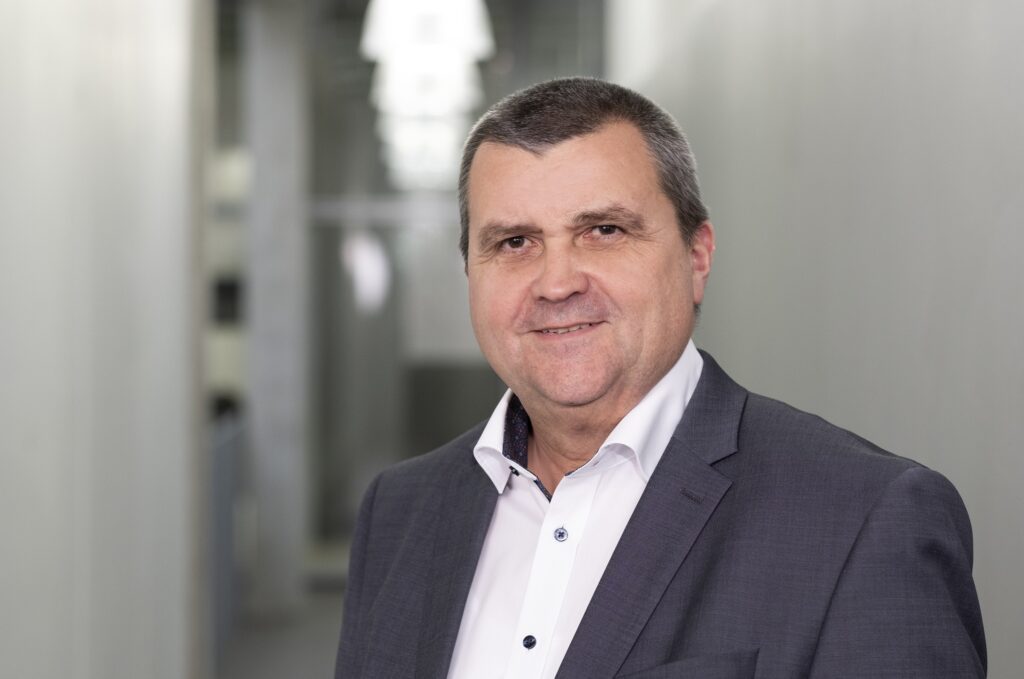
Volker Dentel
New digital communication needs in healthcare currently still confront the healthcare system with challenges. A very fragmented picture emerges regarding the use of different communication channels within and between healthcare institutions and sectors. The aim is therefore to establish a common communication structure in the healthcare system. The telematic infrastructure is intended to create a technical basis via which all service provider groups in the healthcare sector can exchange medical data securely.
In this context, Dr. Fuhrmann refers to the theory of the innovation curve and explains that we are currently in an upheaval regarding the digital transformation. This is needed in the organization of everyday life, and also in collaboration in everyday healthcare. There should be a shift away from physician/hospital-oriented data to patient-oriented data that different care providers can access to improve interdisciplinary collaboration.
One example of a solution is KiM – a communication service in the medical sector – which Mr. Dentel presented during the lecture. He explained the aim of the e-mail service, how it works, security aspects and prerequisites for use, such as an entry in the directory service and an electronic health professional card (eHBA). In addition, Mr. Dentel discussed application examples from practice: Laboratory data, findings, digital samples, electronic messages, -medical letters, -certificates of incapacity to work, -patient files (ePA) and many more.
DISCUSSION
During the follow-up discussion, detailed technical questions were clarified, security aspects were examined in greater depth based on experience reports from the plenary session, and the topic of ePA was taken up.
The conclusion of the afternoon: Patient data is particularly worthy of protection and the communication solutions and infrastructure must be built accordingly.
ACKNOWLEDGEMENTS
We would like to thank Dr. Fuhrmann and Mr. Dentel once again for this informative contribution. Furthermore, we would like to thank all participants for the exciting exchange during the discussion. Last but not least, we would like to thank the CoRe-Net working group “Patient-Centered Intersectoral Communication”, which inspired this thematic afternoon.
17th February 2022 – Workshop: “Target group-oriented writing in the health sector”.
In cooperation with Core-Web
BACKGROUND AND CONTENT
The dissemination of scientific findings is important to point out relevant topics and gaps in healthcare. By addressing the target group in an appropriate way, even complex content can be communicated in a comprehensible and practical. Target group-oriented communication can help to reach people outside the scientific community – for example, against the backdrop of participatory research methods. Our digital workshop “Writing for target groups in the health sector” addressed this topic. A total of 22 participants took part in the event, which was conducted by Karoline Weik (Medical Writing, TAKEPART Media + Science GmbH) and Natalie Tutzer (Content Producing, TAKEPART Media + Science GmbH).
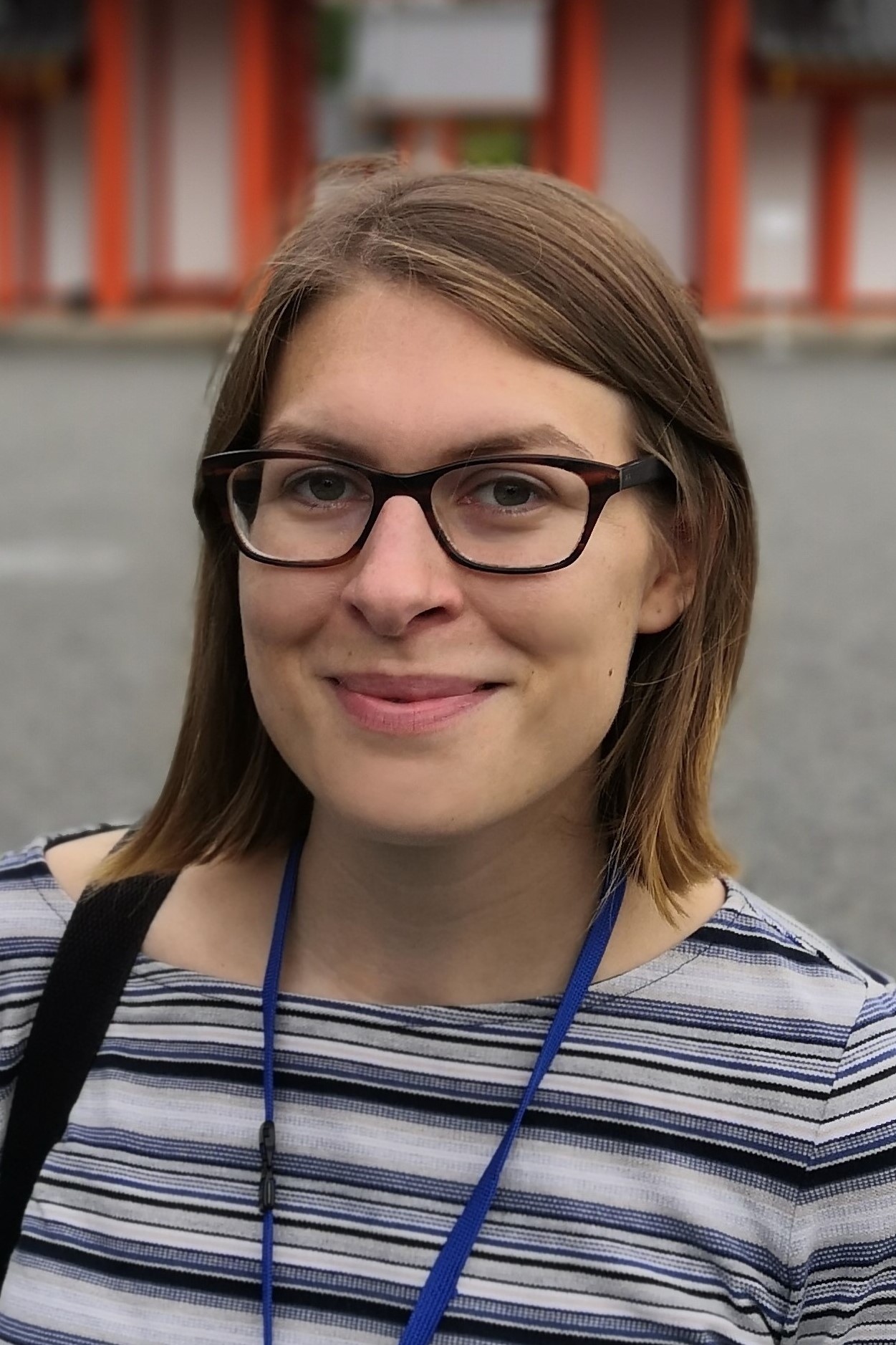
Karoline Weik
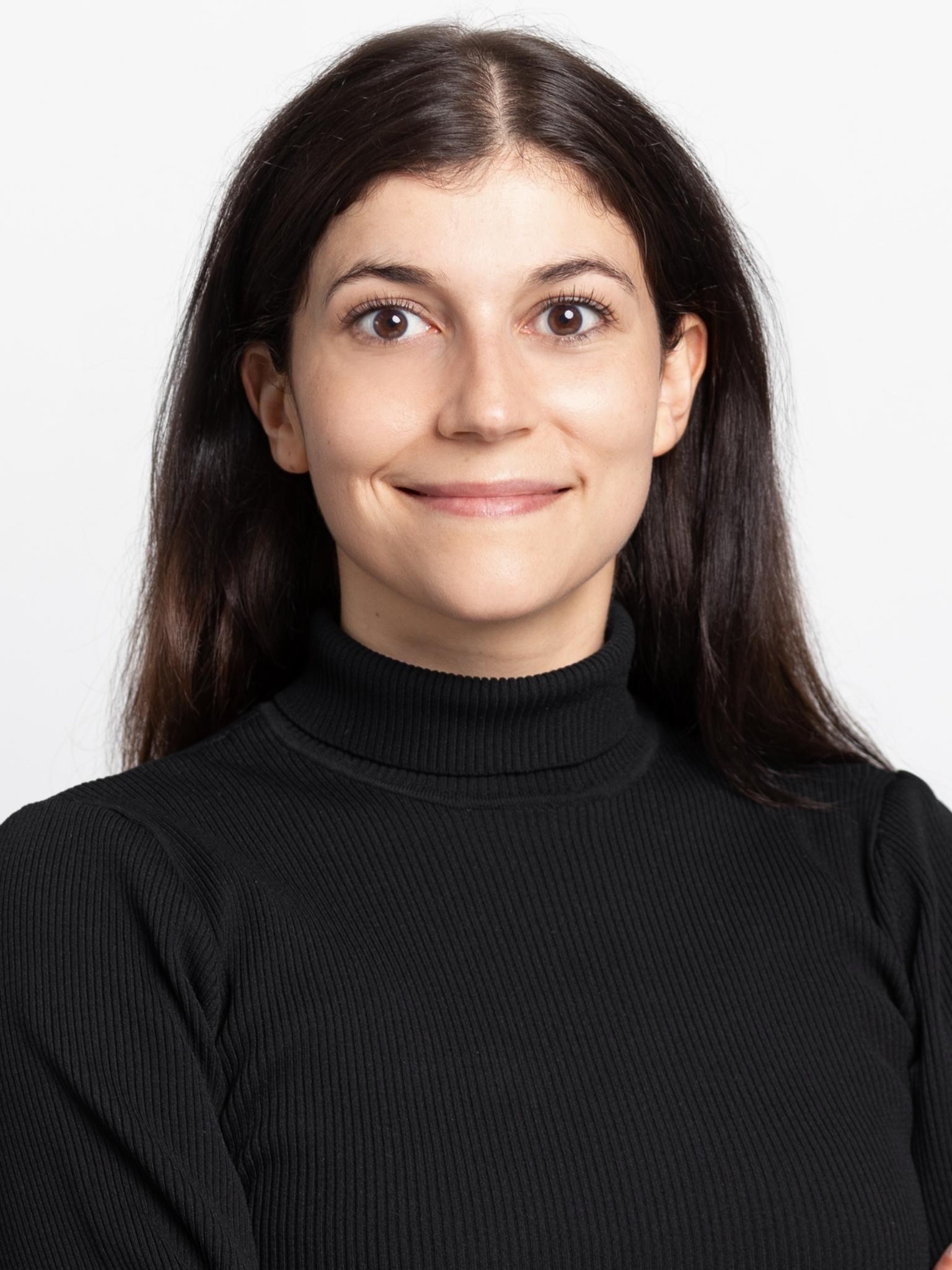
Natalie Tutzer
In the first part of the workshop, Karoline Weik provided content on the principles of target group-oriented writing, the characteristics of a text, and on text composition. Helpful tips such as the KISS rule – keep it short and simple, enabled the participants to modify their own scientific sentences into a more easily understandable version as part of an initial exercise.
In the context of target group analysis, Karoline Weik particularly emphasized the relevance of the needs, wishes and expectations of target groups. Important aspects for identifying these are demographics, socioeconomics, psychographic motivation and health.
In the second block of the workshop, Natalie Tutzer introduced the participants to the basic functions of Search Engine Optimization (SEO). This describes the process aimed at ensuring that a website appears as high as possible in the hit list. SEO is important for the communication of health information, as the process makes it visible and thus usable for the target group. Finally, she contrasted offpage optimization (relevance of high-quality backlinks, concise link texts, page name, design, pagespeed, imprint and metadata) with onpage optimization (headings, length, structure as well as internal linking) and explained the possibility of “keyword research” using suitable software tools. Here, the search volume of a keyword as well as the search intention of the users is analyzed.
In the third part, Karoline Weik discussed the specifics of addressing the target group, which should especially consider their prior knowledge and needs as well as the avoidance of stereotypes, accusations and prejudices.
To consolidate the contents, all participants were able to send a short text to the speakers after the workshop in order to receive personal feedback.
ACKNOWLEDGEMENTS
We would like to thank Karoline Weik and Natalie Tutzer for the extremely exciting workshop, which illustrated the relevance of addressing target groups through many vivid and practical examples. In addition, we would like to thank all participants for the lively exchange and the exciting field reports.

